Tanzania boasts a 1,424 km-long coastline along the Indian Ocean, enriched with diverse marine ecosystems including coral reefs, seagrass beds, mangroves, and small offshore islands like Zanzibar, Pemba, and Mafia. These marine resources are vital for food security, tourism, trade, and employment. The Tanzanian government has committed to growing the Blue Economy, integrating marine conservation, fisheries, and maritime trade.
Marine and inland fisheries contribute around 1.8% to Tanzania’s GDP, and employ over 200,000 artisanal fishers, along the coastline. The broader fisheries sector supports over 4 million people.
The coastal waters are home to more than 500 species of marine fish, as well as dolphins, sea turtles, and the endangered dugong.
Artisanal fishers dominate marine fishing, often using traditional methods. However, increasing pressure from trawlers and foreign vessels has raised concerns.
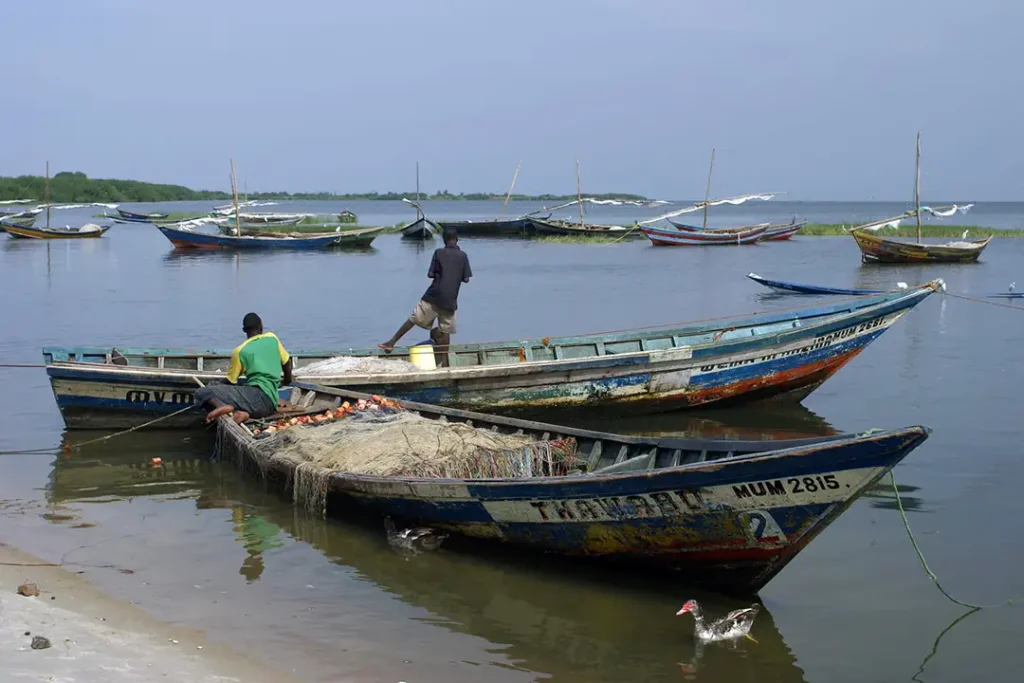
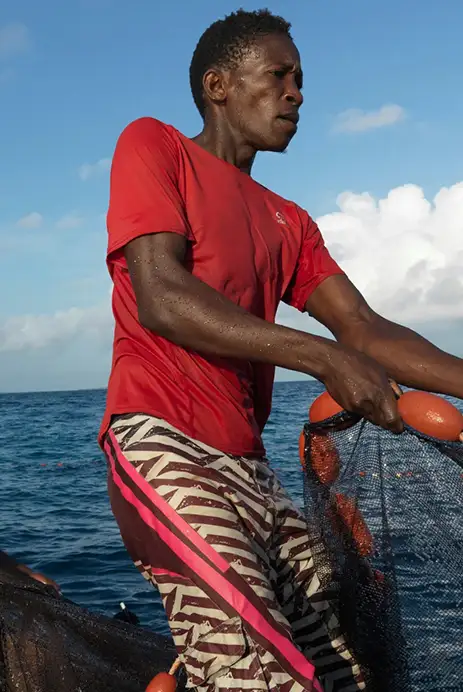
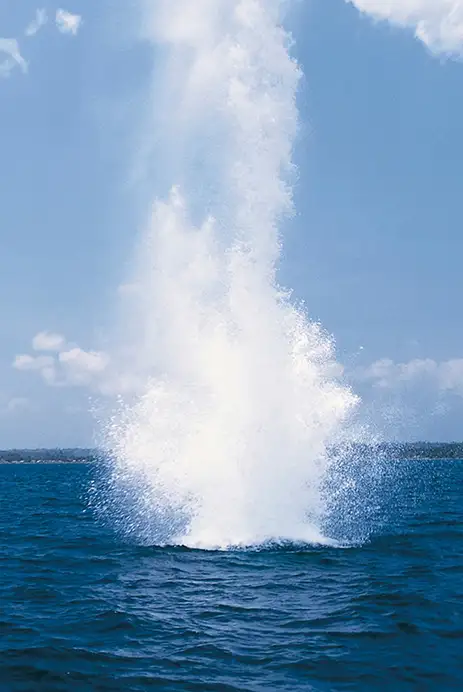
Tanzania’s coastal fisheries, once among the richest in the world, are now under significant threat from widespread illegal fishing. Along the coastline near Dar es Salaam, in areas like Mkuranga, Rufiji, and parts of Zanzibar, foreign and local vessels exploit Tanzania’s waters through unlicensed fishing, underreporting catches, and using destructive gear.
Tanzania has taken several steps to combat IUUF and promote sustainable marine practices, however, enforcement remains a challenge due to limited resources for marine patrols and inconsistent application of regulations across jurisdictions.
DSFA oversees offshore fishing licenses and enforcement in Zanzibar and the mainland.
Fisheries Act (2003) and regulations updated in 2020 provide the legal foundation for managing fisheries and marine conservation zones.
Zanzibar's Blue Economy Strategy (2020) outlines strategic investment areas in marine transport, fisheries, energy, and tourism.
Tanzania has been a leader in community-based marine conservation, with over 18 locally managed marine areas (LMMAs) and several national Marine Parks.
Tanzania has established several MPAs, including Mafia Island Marine Park, Mnazi Bay-Ruvuma Estuary, and Tanga Coelacanth Marine Park.
Through Beach Management Units (BMUs), local fishers are empowered to regulate and monitor fishing activities.
Projects in Pangani, Bagamoyo, and Rufiji Delta are restoring degraded habitats.
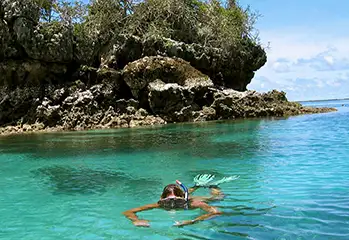
Investment in sustainable marine tourism can benefit coastal communities, especially around MPAs and island destinations.
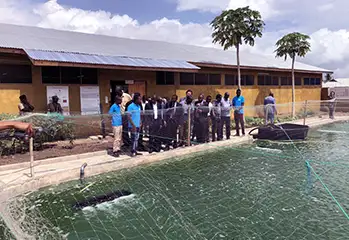
Expansion of fish farming and seaweed production is seen as a path to job creation and reducing pressure on wild fisheries.
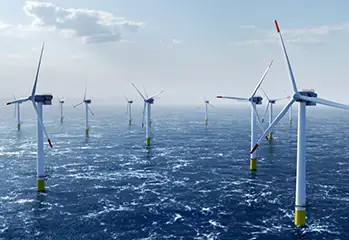
Tanzania is exploring tidal and wind energy projects in collaboration with East African regional bodies.
Engage in a conversation by filling in this form to share your thoughts on the blue economy.
Subscribe to the Kilindini newsletter and do your part in supporting the blue economy.